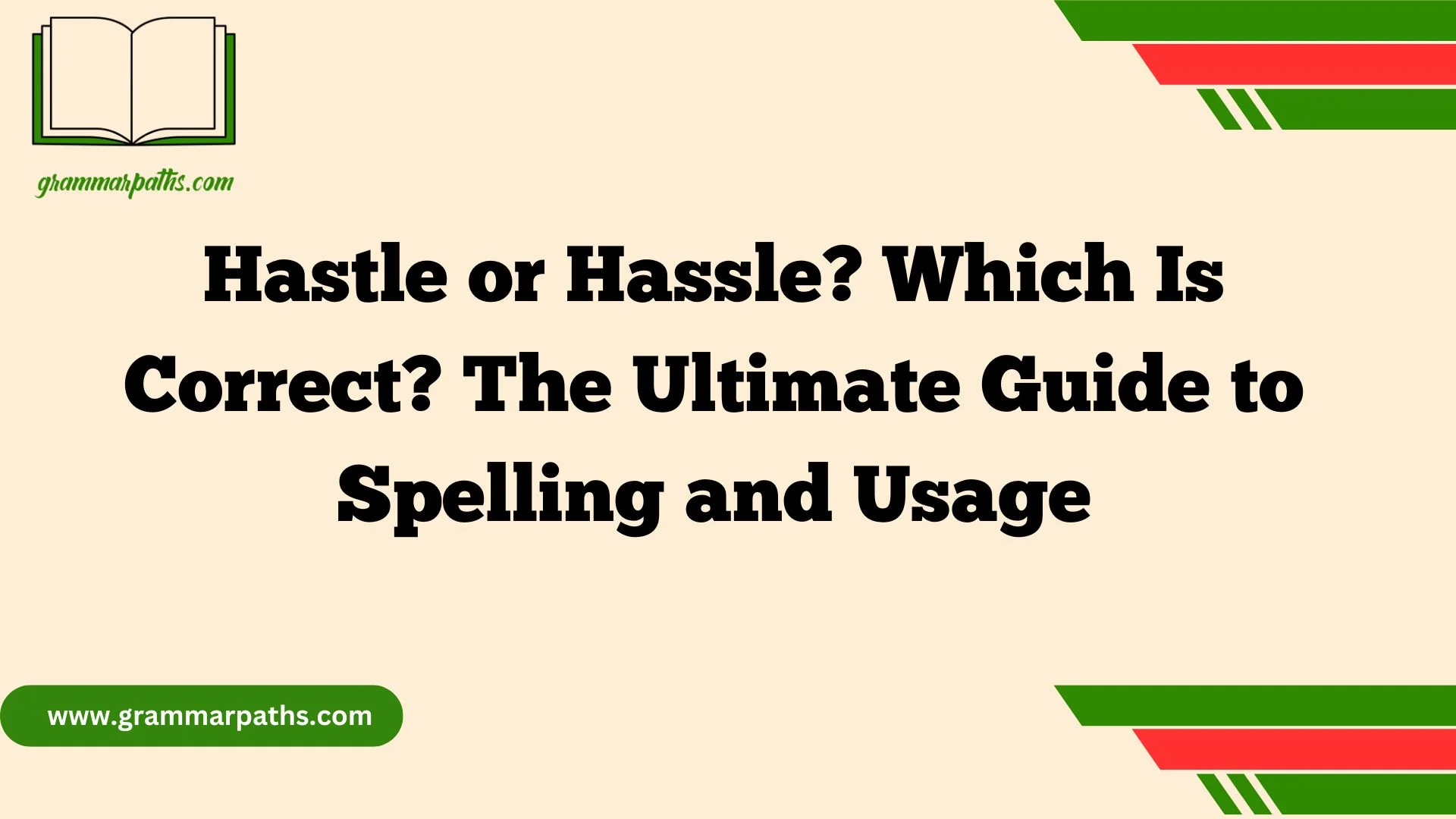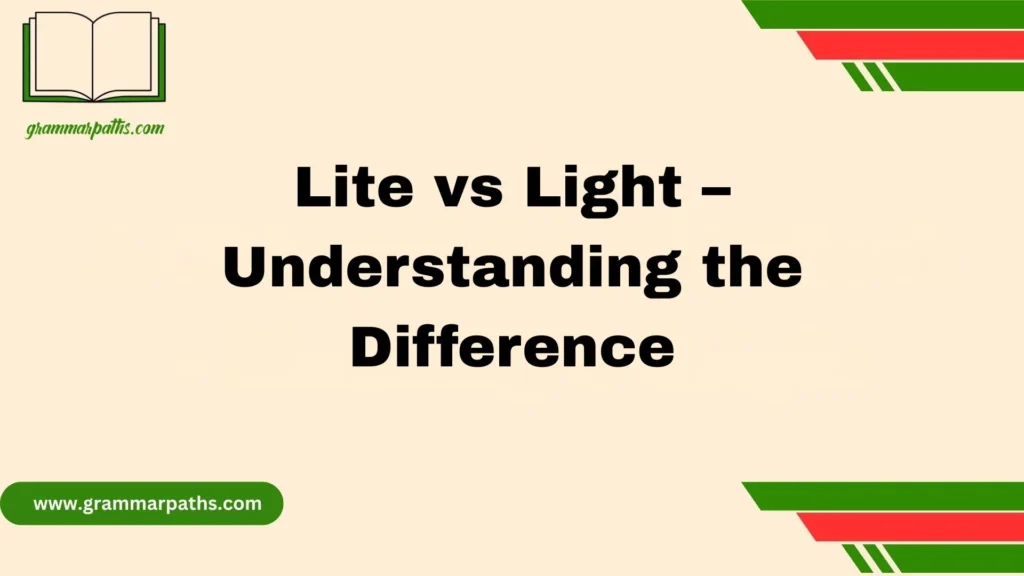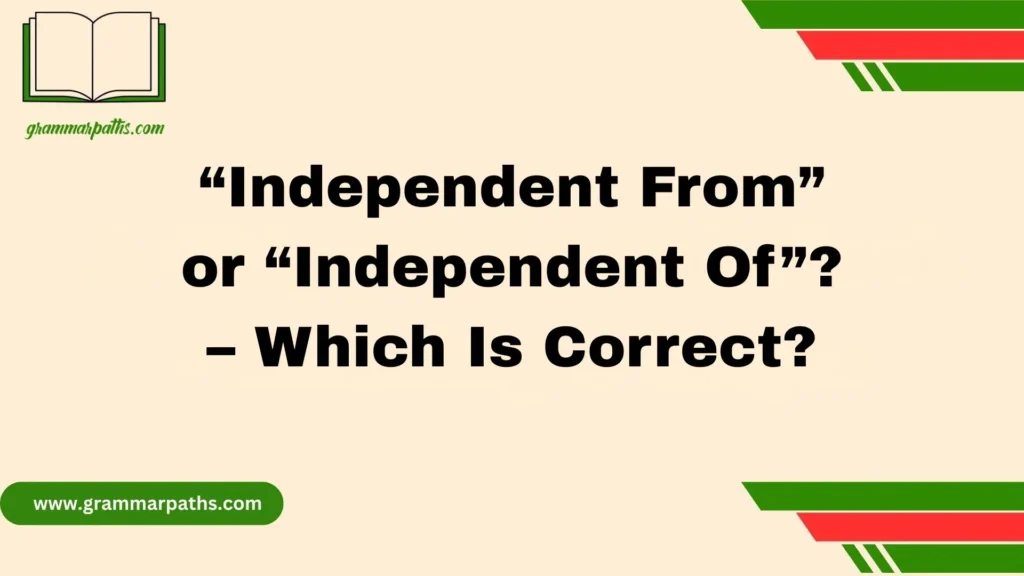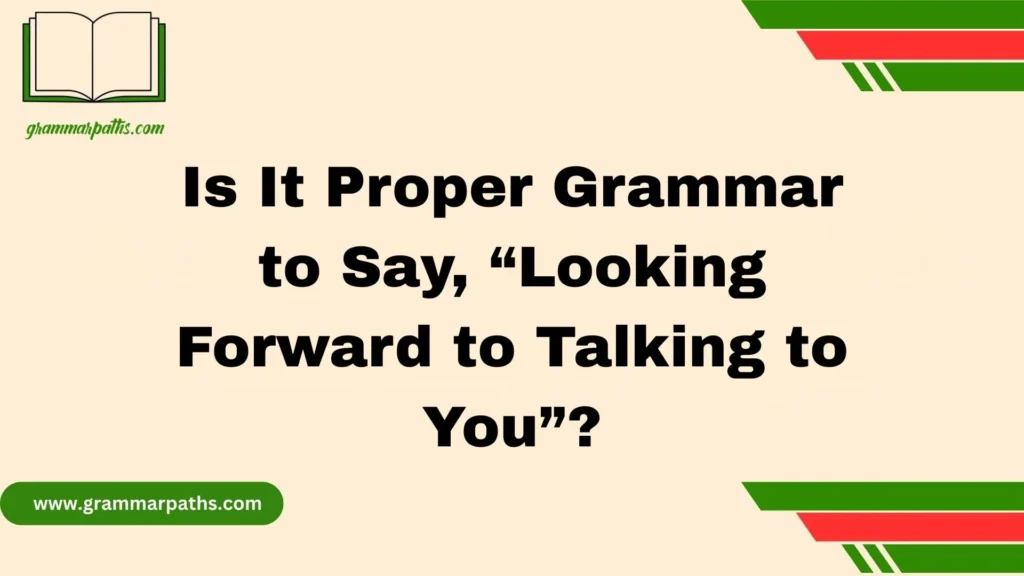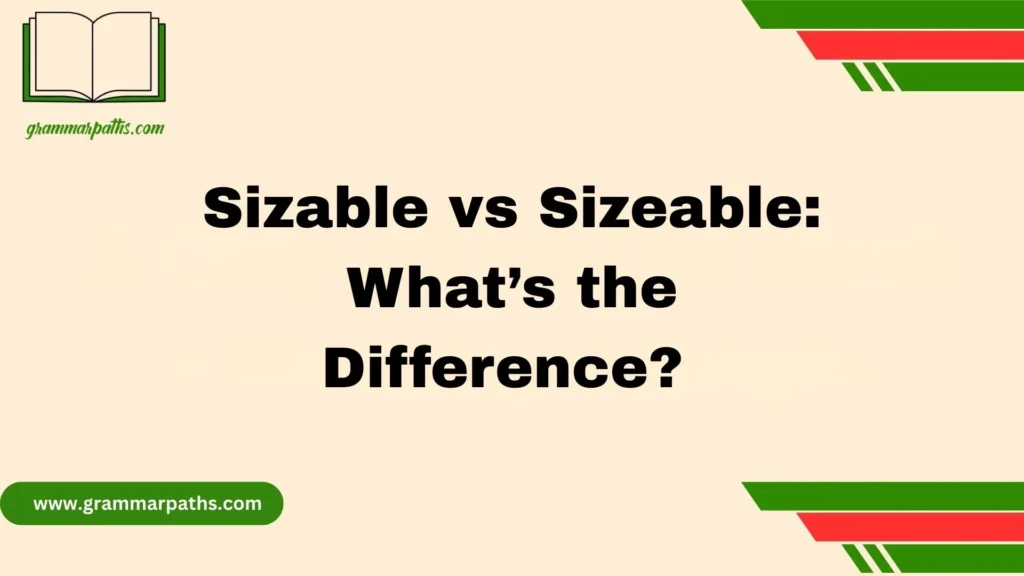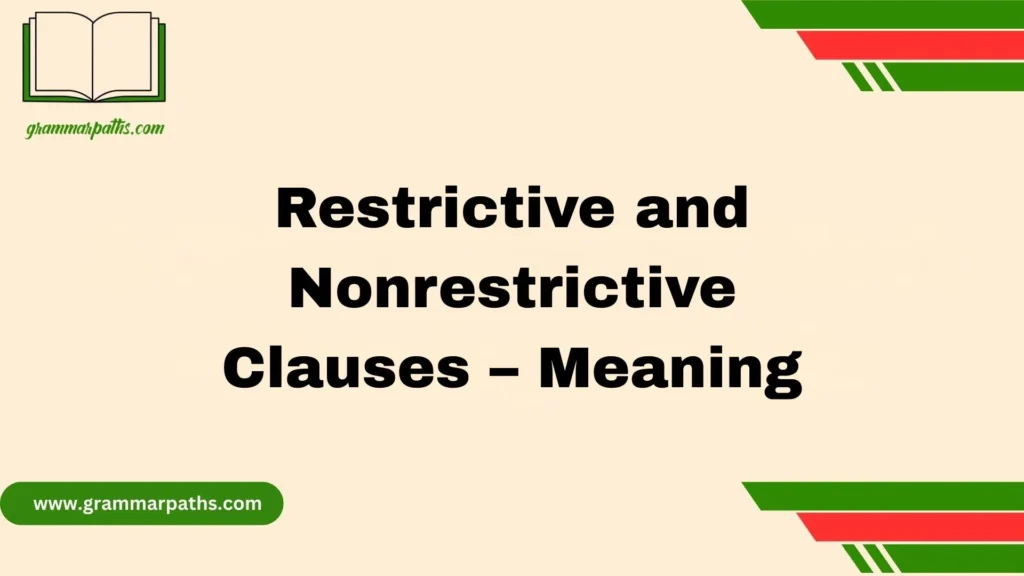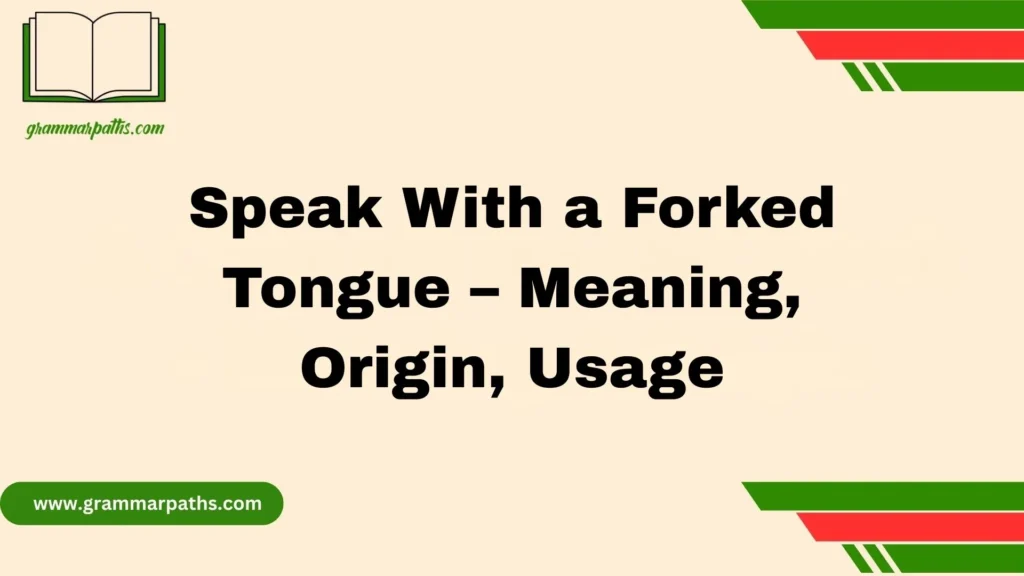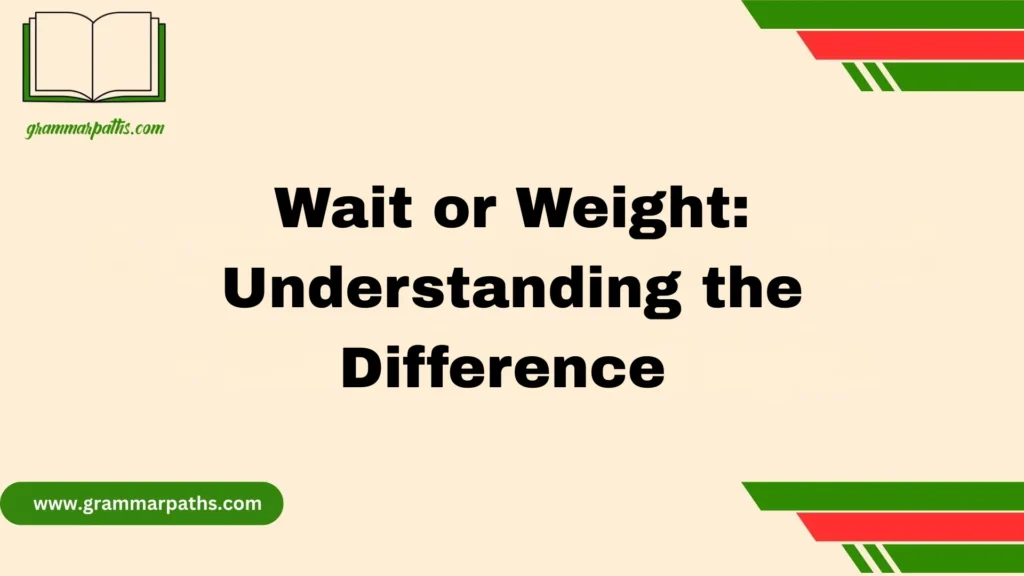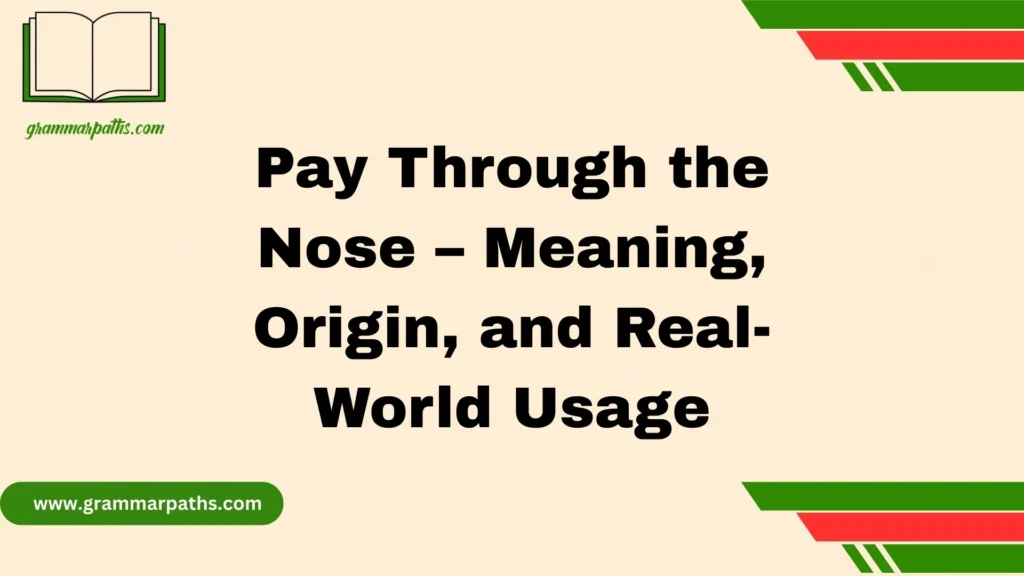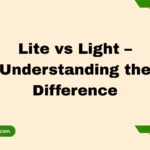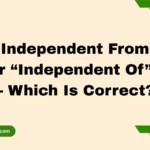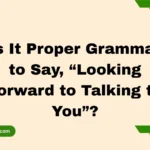As someone who’s helped speakers and writers refine their voice, I’ve seen how a small issue like mixing up Hastle or Hassle can cause real confusion. The word “hassle” is the correct spelling, while “hastle” is just a misspelling—often a result of casual speech or a quick typing error. These types of mistakes often surface in informal writing, like texts or social media, where people tend to rely on what sounds right rather than consulting a style guide.
But here’s the truth — knowing the right form and using it correctly demonstrates a strong command of English. I’ve witnessed how even a minor slip can catch a reader’s attention, especially when aiming to sound professional and polished.
When an error like this appears in your communication, it can subtly affect your credibility, especially in formal settings. Even if no one points it out, many readers still notice subconsciously. Over time, I’ve realized that these small errors can impact how others perceive your skills. That’s why it’s crucial to understand the difference. Keep your writing sharp and accurate — and when in doubt, pause and double-check. Clarity is usually within reach. Even a single error can leave an impression — but with a few simple tips, you’ll nail the correct usage and move forward with confidence.
Quick Answer: Is It “Hastle” or “Hassle”?
First things first — the correct spelling is “hassle.” The word “hastle” doesn’t exist in standard English and is simply a common misspelling or typo.
Pronunciation: /ˈhæ.səl/ — the double “s” creates a soft, hissing sound.
For example:
- “I don’t want any hassle when I travel.”
- “Stop hassling me about cleaning my room.”
Keep this simple rule in mind: If you’re talking about trouble or bother, it’s always “hassle.”
What Does “Hassle” Mean? Clear Definitions and Usage Examples
The word “hassle” can function as both a noun and a verb, carrying slightly different shades of meaning.
Form
Definition
Noun
An annoying or difficult situation
“Finding parking was such a hassle today.”
Verb
To bother or annoy persistently
“Don’t hassle me while I’m working.”
Noun Usage
When used as a noun, hassle refers to a problem, inconvenience, or stressful situation. For instance:
- “Dealing with customer support can be a real hassle.”
- “Moving to a new city involved a lot of hassles.”
Verb Usage
As a verb, it means to bother, pester, or give someone a hard time. For example:
- “He kept hassling me to join the gym.”
- “Stop hassling your little brother.”
The word fits perfectly in casual conversation and informal writing, adding color and expressiveness.
Why Do People Spell It “Hastle”?
You might wonder why the misspelling “hastle” pops up so often. Several factors contribute:
- Phonetic confusion: The way “hassle” sounds can lead people to insert a “t” because of how the consonants blend in speech.
- Typing errors: On smartphones or keyboards, “s” and “t” keys are close enough to cause typos.
- Autocorrect mistakes: Sometimes, autocorrect incorrectly changes “hassle” to “hastle.”
- Non-native speakers: English learners often spell words as they sound, leading to “hastle” since the “ss” sound can be tricky.
Despite these reasons, “hastle” remains incorrect in all standard dictionaries.
The Origin of “Hassle”: Etymology and History
Understanding where a word comes from helps solidify its proper use.
“Hassle” entered English slang around the 1940s-1950s in the United States, originally as a noun meaning a quarrel or dispute. Linguists suggest it might be a blend of:
- “Haggle” (to bargain or argue)
- “Tussle” (a struggle or fight)
Over time, “hassle” evolved to describe any sort of bothersome or difficult situation, broadening its meaning.
It’s interesting that “hassle” started as informal slang but is now accepted widely in both spoken and written English.
Breaking Down “Hassle” as a Noun vs. Verb
Understanding the dual role of “hassle” makes it easier to use correctly.
As a Noun
- Describes a situation or problem causing frustration or inconvenience.
- Often combined with adjectives like “minor,” “unnecessary,” or “constant.”
- Examples:
- “Waiting in line was a minor hassle.”
- “They promised a hassle-free return policy.”
As a Verb
- Means to annoy, pester, or bother someone repeatedly.
- Commonly used with phrases like “stop hassling me” or “hassled by the media.”
- Examples:
- “The reporter hassled the celebrity for comments.”
- “My siblings always hassle me about borrowing money.”
Here’s a quick comparison table:
Usage Type
Example Phrase
Meaning
Noun
“What a hassle!”
Annoying situation
Verb
“Don’t hassle me.”
To bother or pester someone
How “Hassle” Fits Into Everyday English
The beauty of “hassle” lies in its versatility. It appears in formal and informal settings, especially when describing frustration or complications.
Common Collocations with “Hassle”
- Minor hassle
- No hassle guarantee (common in marketing)
- Cut the hassle
- Hassle-free experience
- Needless hassle
These phrases pop up in customer service, business, travel, and everyday conversations, proving the word’s relevance.
Professional vs. Casual Use
While “hassle” started as slang, it’s now standard enough for business copy, especially when addressing customer pain points. For example:
- “Our new app offers a hassle-free way to manage your bills.”
- “Avoid the hassle of paperwork with our online service.”
Smart Tips to Remember the Correct Spelling of “Hassle”
Spelling “hassle” correctly every time is easier with a few memory tricks.
- Mnemonic: “Double the S to stop the stress.” The two S’s in “hassle” match the feeling of stress or bother.
- Visualize: Think of “hassle” as containing ‘ss’ like ‘stress’ — both represent difficulty.
- Sound it out: The “t” sound isn’t part of the word — if you hear it, it’s just your brain filling in a tough consonant cluster.
- Avoid “taste”: Remember there’s no “t” in hassle, unlike “taste” or “castle.”
- Use spellcheck: If unsure, quickly verify with online tools or your device’s dictionary.
“Hassle” in Pop Culture and Media
“Hassle” is part of everyday English, and you’ll find it sprinkled in movies, songs, and advertising.
- Marketing slogans: “No hassle returns” promises easy, stress-free service.
- Song lyrics: Various artists use “hassle” to express frustration in relationships or life struggles.
- Films and TV: Characters often say “What a hassle!” when stuck in tricky situations.
This cultural embedding reinforces “hassle” as the standard, accepted spelling.
Synonyms and Alternatives for “Hassle”
If you want to vary your vocabulary or find a better fit depending on tone, here are some great alternatives:
Synonym
Usage Context
Trouble
Formal/informal
“It’s not worth the trouble.”
Fuss
Informal, mild annoyance
“Don’t make a fuss over it.”
Bother
General annoyance
“Sorry to bother you again.”
Inconvenience
Formal or polite expression
“We apologize for the inconvenience.”
Use these carefully to match your style and audience.
Conclusion: Spell “Hassle” Right — No More Confusion
In summary, the confusion between “hastle” and “hassle” is a common spelling mistake—but only one of them is correct. “Hassle” is the right word, meaning trouble, difficulty, or inconvenience, while “hastle” is not recognized in standard English dictionaries. Whether you’re writing a formal email, academic essay, or social media post, getting the spelling of hassle correct is important for clear communication. Many people search queries like “is hastle a real word?” or “how do you spell hassle?” to avoid making grammatical mistakes in daily writing.
Understanding these small but significant differences can greatly improve your language accuracy, especially when using tools like grammar checkers or preparing for exams. So the next time you’re unsure, remember: it’s always “hassle,” never “hastle.” Stay sharp, stay correct—and avoid the hassle of spelling errors!
Frequently Asked Questions (FAQs)
What does Hastle mean?
Hastle is a common misspelling of the correct word “hassle”. It has no official meaning in English dictionaries.
Is it hastle or hassle?
The correct spelling is hassle. “Hastle” is incorrect and not recognized in standard English.
What does hassle-free mean?
Hassle-free means without any problems, stress, or difficulty—smooth and easy to deal with.
What does get hassle mean?
To get hassle means to be bothered, annoyed, or troubled, usually by someone or a difficult situation.
Have a hassle meaning?
To have a hassle means to face a problem, argument, or inconvenience in a situation.

Mia Rose is the passionate writer and founder of GrammarPaths.com, a resource dedicated to helping learners master English grammar, idioms, and writing skills with ease. With a deep love for language and years of experience in teaching and content creation, Mia simplifies complex grammar rules into clear, practical guides that readers can instantly apply.
